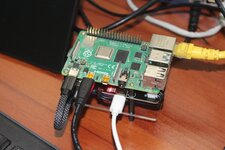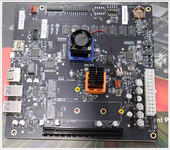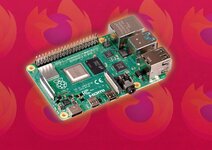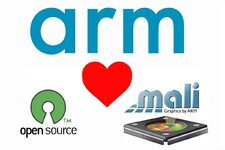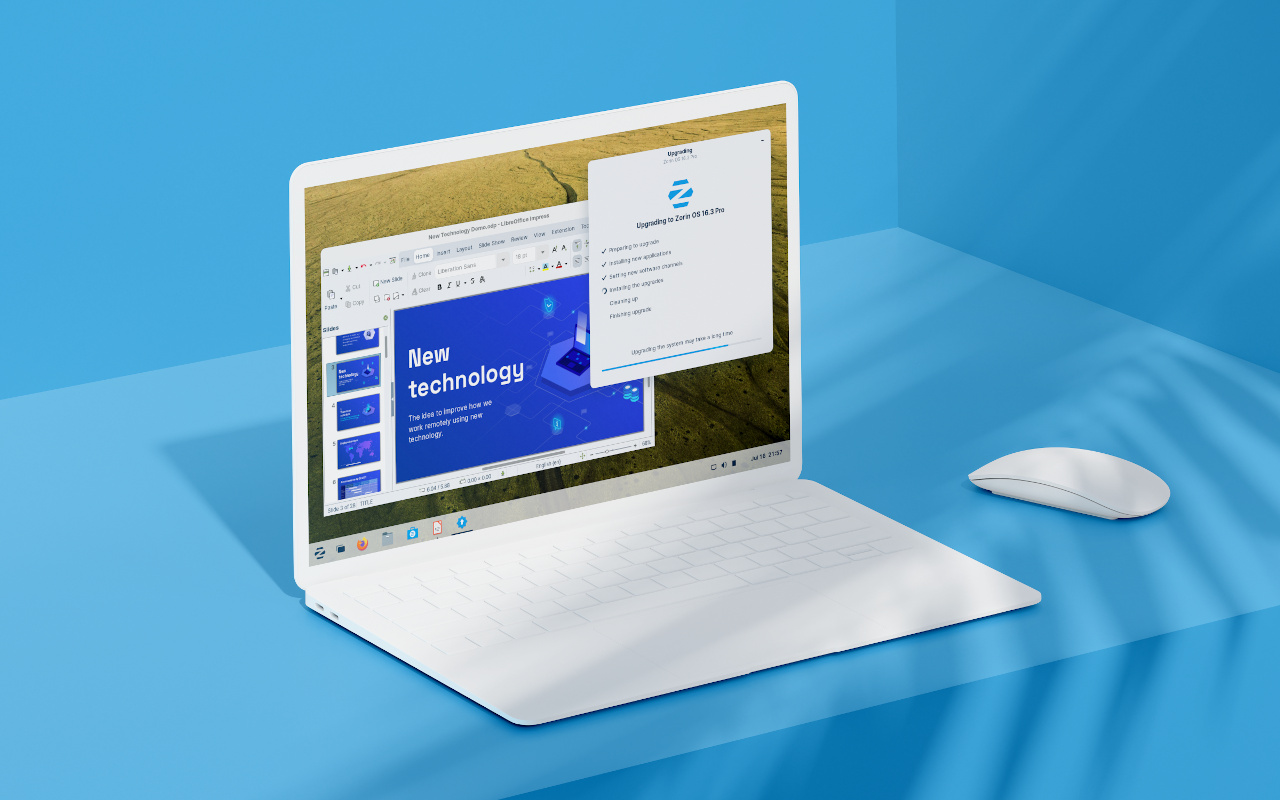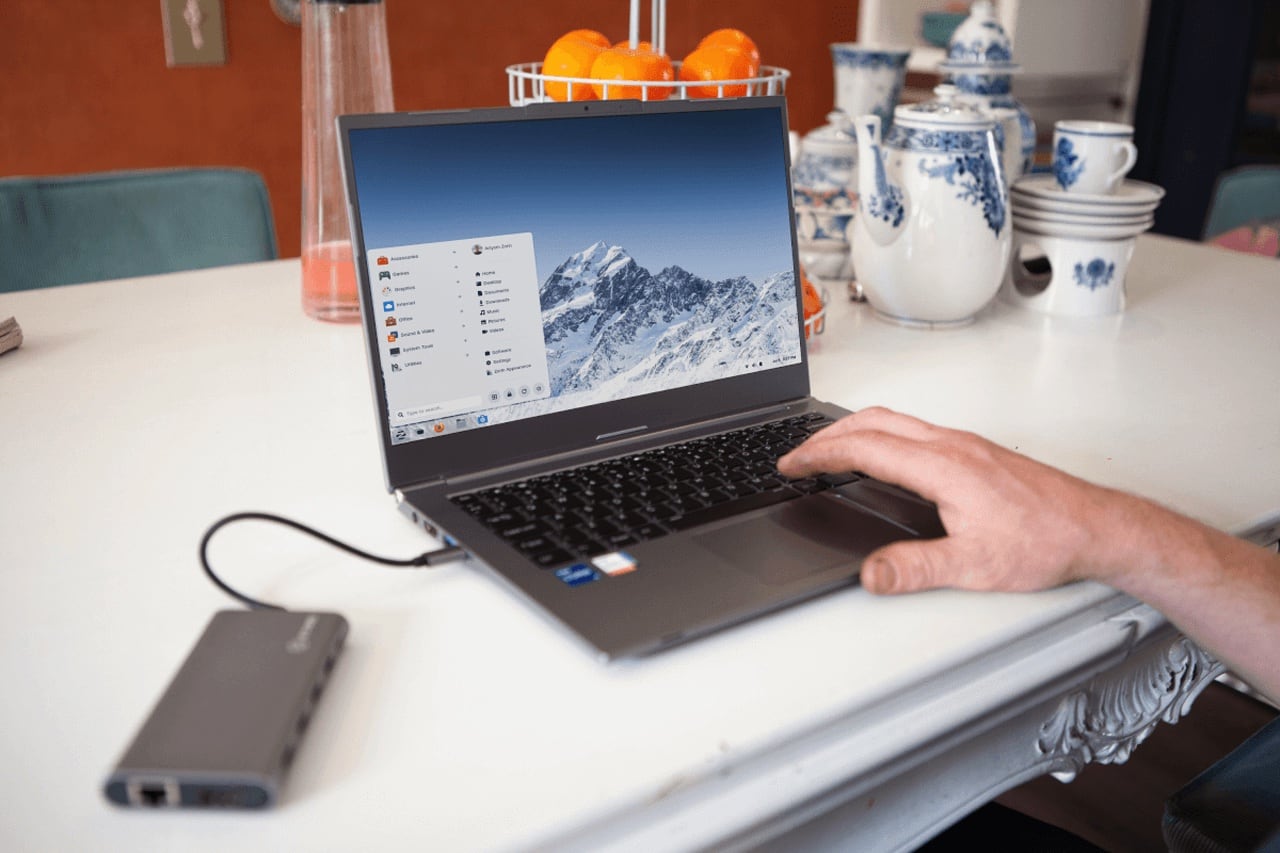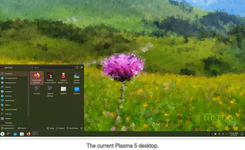Bojan970
Well-known member
- Joined
- Jan 12, 2021
- Messages
- 641
- Reaction score
- 363
Well, they just released a Linux ready, RISC-V powered board for 150US$. The chip is not a unknown, the Alibaba/T-Head TH1520 which has 4x C910 inside (RV64GCV), it comes with 4GB RAM and 16GB eMMC plus uSD cars slot. There is WiFi (2.4&5GHz), Bluetooth 5.2 and Gbit Ethernet.
Thanks to an imagination graphic it also brings HDMI for a full desktop system and USB3.
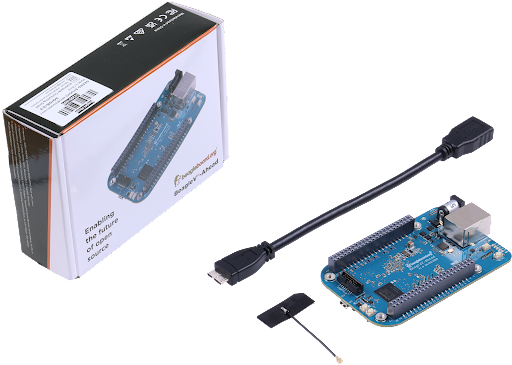
 www.beagleboard.org
www.beagleboard.org
Thanks to an imagination graphic it also brings HDMI for a full desktop system and USB3.

BeagleV-Ahead RISC-V computer from BeagleBoard.org available now under $150
BeagleBoard.org Foundation is a Michigan, USA-based 501(c)(3) non-profit corporation existing to provide education in and collaboration around the design and use of open-source software and hardware in embedded computing.






